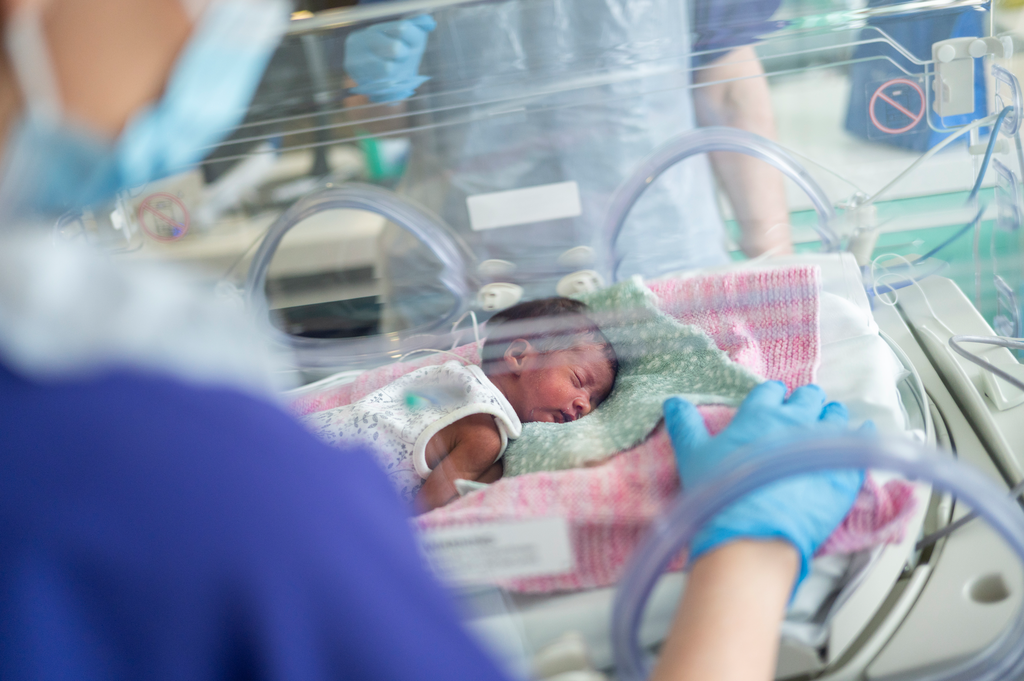
Jennifer Brown Research Laboratory
About the project
Challenge
Preterm birth – when a child is born before 37 weeks – is the single biggest cause of death and disability among newborn babies, and is a leading cause of impaired brain development in childhood.
Approach
Created in 2004, the Jennifer Brown Research Laboratory works to improve understanding of what causes early labour, how we can develop treatments to prevent it and how we can better help newborn babies in those first crucial hours and days after birth.
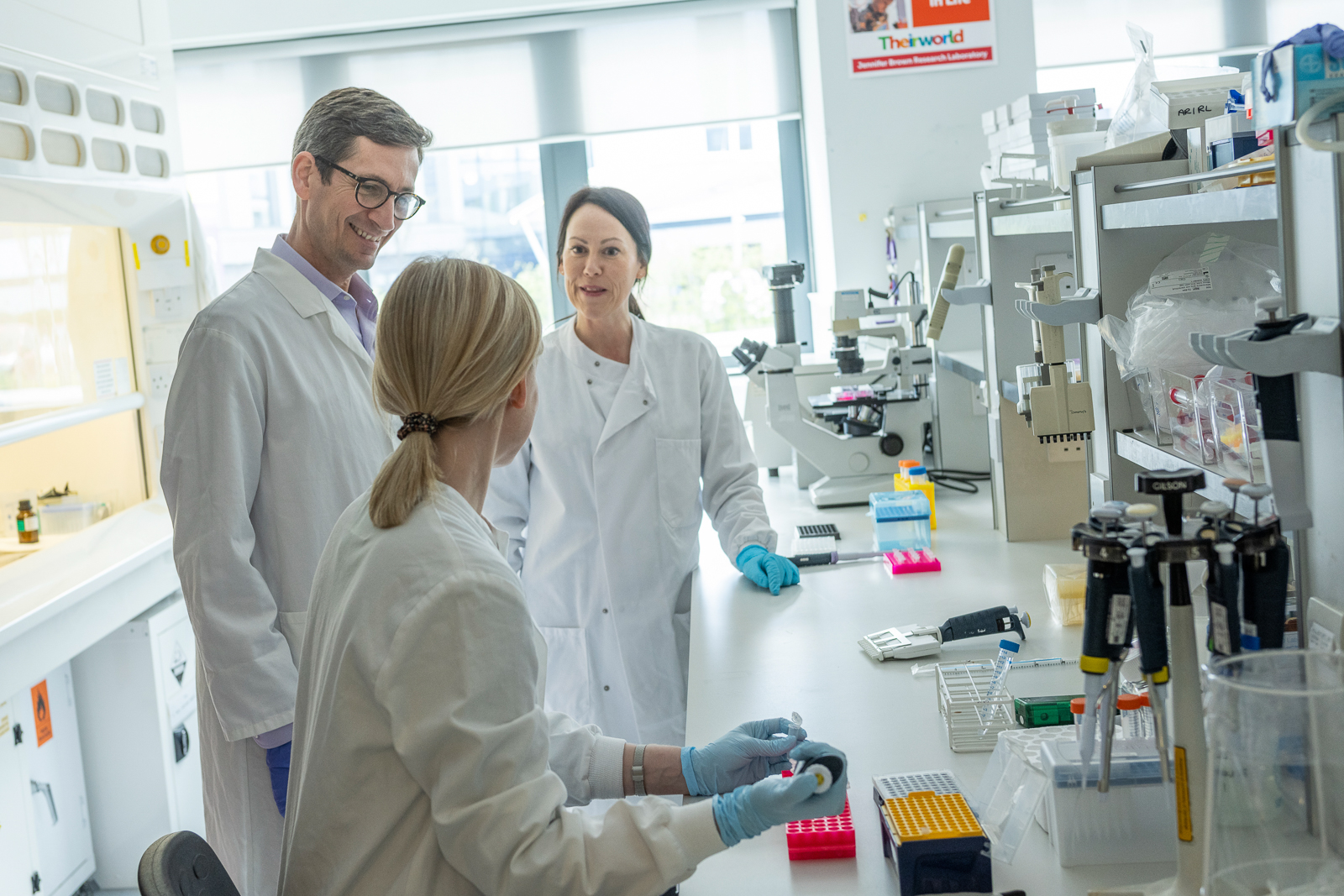
Developing understanding
Being born early can affect a baby’s brain development to the extent that it can sometimes lead to problems that affect the child throughout their life. Despite 15 million children being born preterm every year, there’s a lot we still don’t know about this area of perinatal medicine. This is why the Jennifer Brown Research Laboratory was created. The Laboratory is backed by the Jennifer Brown Research Fund and was set up at the University of Edinburgh by Theirworld in 2004. Hosted by the MRC Centre for Reproductive Health, the Laboratory was created by Theirworld Chair Sarah Brown and her husband Gordon in memory of their first child Jennifer. The Laboratory’s scientists and clinicians conduct research into why babies are born early, with the aim of developing an understanding of how to save more lives and treat early newborns more effectively. They carry out their work in close collaboration with other research centres within the University of Edinburgh, as well as NHS Lothian’s Simpson Centre for Reproductive Health, whose Neonatal Intensive Care Unit looks after many of the region’s preterm infants.
The rate of neonatal deaths is still too high and there are still so many things to explore and understand. But the breakthroughs have been extraordinary. The laboratory has done some absolutely remarkable work.Sarah Brown, Theirworld Chair
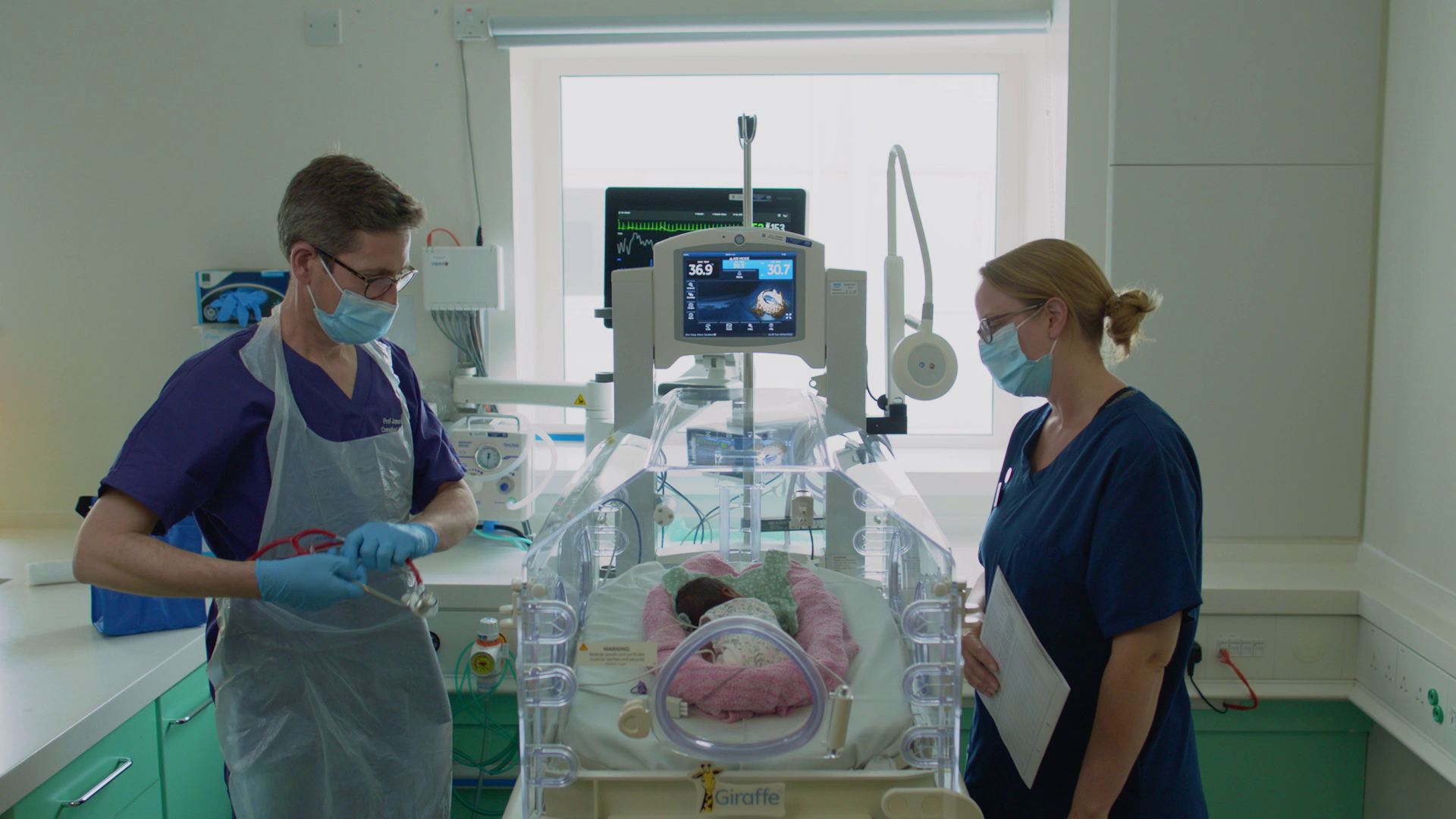 Play/span>
Play/span>Video
Saving and improving lives
These links mean doctors and nurses caring for newborns are becoming better equipped when it comes to treating preterm babies. Laboratory research around the correct oxygen levels for babies’ incubators, for example, already means lives are being saved every day. In 2015, the pioneering Theirworld Edinburgh Birth Cohort research programme launched at the Laboratory. By tracking the development of 400 people as they grow into adulthood, the study will provide world-first insights into the long-term effects of early labour on the developing brain. The resulting treatments could transform efforts to improve the lives of children born early, and their families. The Jennifer Brown Research Laboratory is an example of the visionary work Theirworld undertakes as we strive for a future where all children, including those born early, get the best start in life.
Our Partners

The University of Edinburgh
One of the world’s leading universities, Edinburgh collaborates with prominent institutions in fields as diverse as e-science, engineering and life & medical sciences.
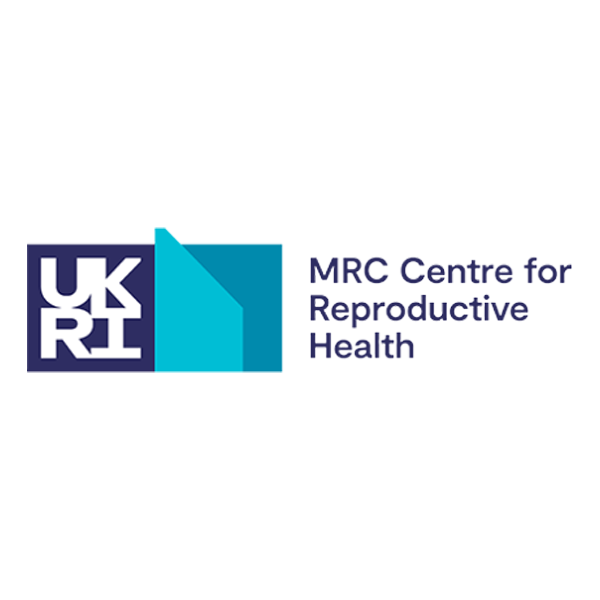
MRC Centre for Reproductive Health
The MRC Centre for Reproductive Health is the only research centre funded by the Medical Research Council (MRC) that focuses exclusively on reproductive health.
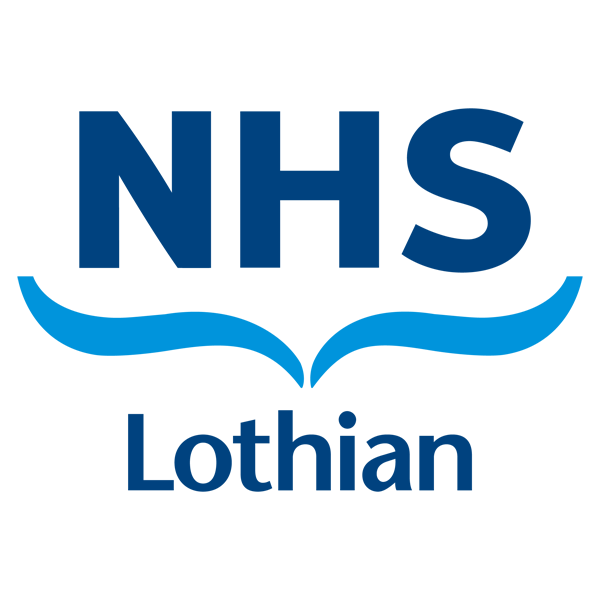
NHS Lothian
NHS Lothian is the UK’s second-largest Health Authority, and hosts the Simpson Centre for Reproductive Health at the Royal Infirmary of Edinburgh.
Key discoveries from Theirworld Edinburgh Birth Cohort in 2022
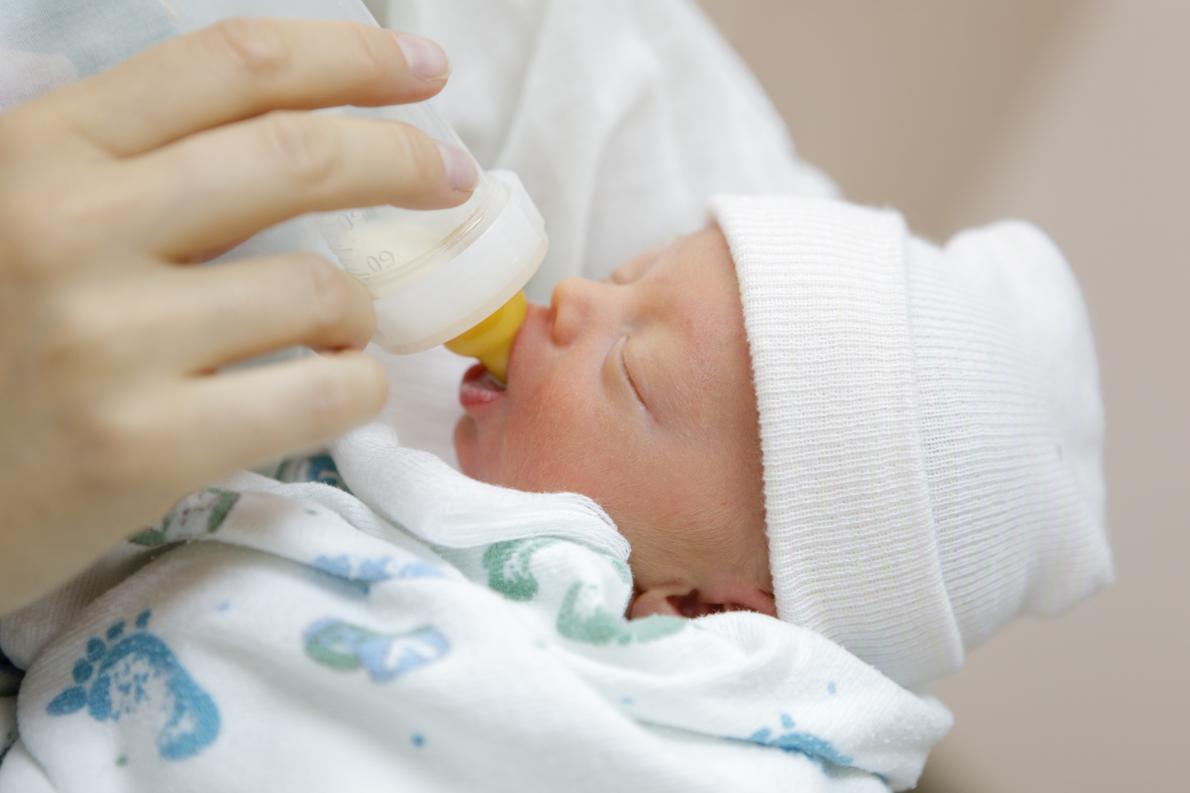
Mother’s milk boosts brain development of premature babies in intensive care
Preterm birth affects around 15 million babies each year and is a leading cause of developmental and learning problems in childhood. In this study of 212 infants, researchers used MRI scans to investigate the effect of early breast milk feeding on the development of the cerebral cortex, the part of the brain used for learning and thinking. The study suggested that the more breast milk that premature babies are fed while in neonatal intensive care, the greater the level of their brain development. The cerebral cortex is usually underdeveloped in premature babies. But in infants who consumed high levels of breast milk during the study, it resembled those of babies born full term. Researchers scanned the brains babies who are part of the Theirworld Edinburgh Birth Cohort. The group included 135 babies born before 32 weeks and 77 born at term. The study suggests that increasing the amount of human milk preterm babies receive during neonatal intensive care, whether that be mother’s own milk or donor milk, is an effective way of enhancing brain development after premature birth. Published in Annals of Neurology, 2022
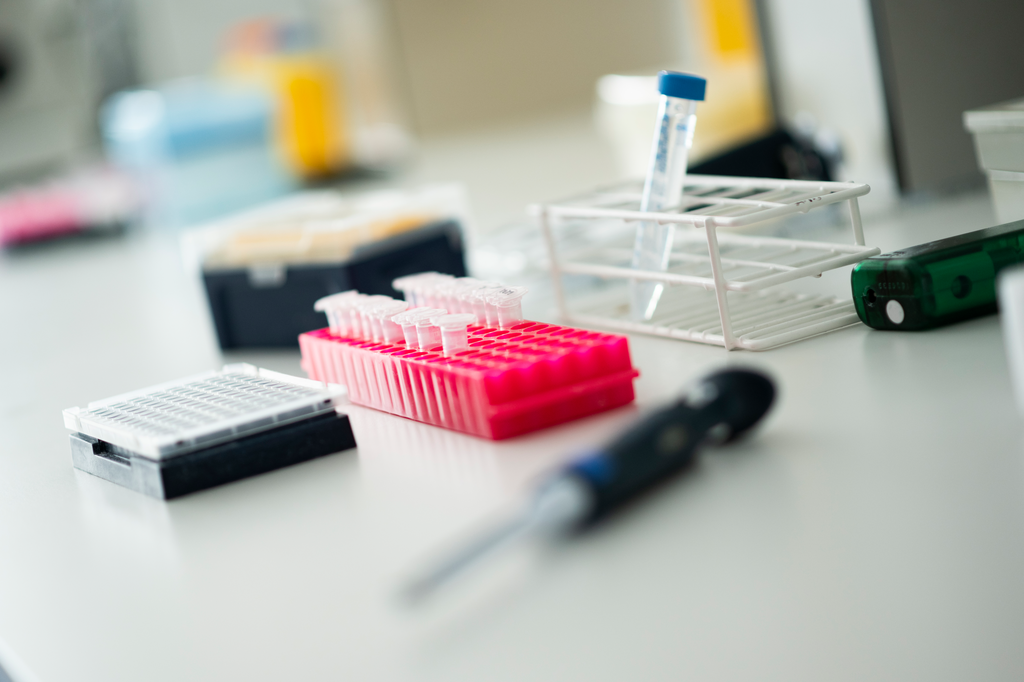
Epigenetics
People inherit their genes, made of DNA, from their parents. However, normal development environmental factors modify the extent to which genes are expressed/suppressed in the body and brain through a process called epigenetics. This is one of the ways by which the body adapts to changes in the environment. DNA methylation, which is the addition or removal of molecules from DNA to increase or decrease gene expression, is one such epigenetic mechanism. Researchers wanted to find out whether abnormal brain development in premature babies was linked to changes to DNA methylation. To do this, they investigated whether children born preterm, compared to children born at term, had differences in DNA methylation and, if so, whether those differences were associated with brain development. Published in Brain Communications, 2022 They discovered that preterm birth is associated with significant changes in DNA methylation collected from saliva samples and these changes were associated with brain development shown on MRI scans. The findings shed new light on the biological processes that links premature birth with atypical brain development. Understanding of the role of epigenetics in shaping atypical brain development after premature birth is an important new lead for discovering treatments designed to restore typical brain development after premature birth.
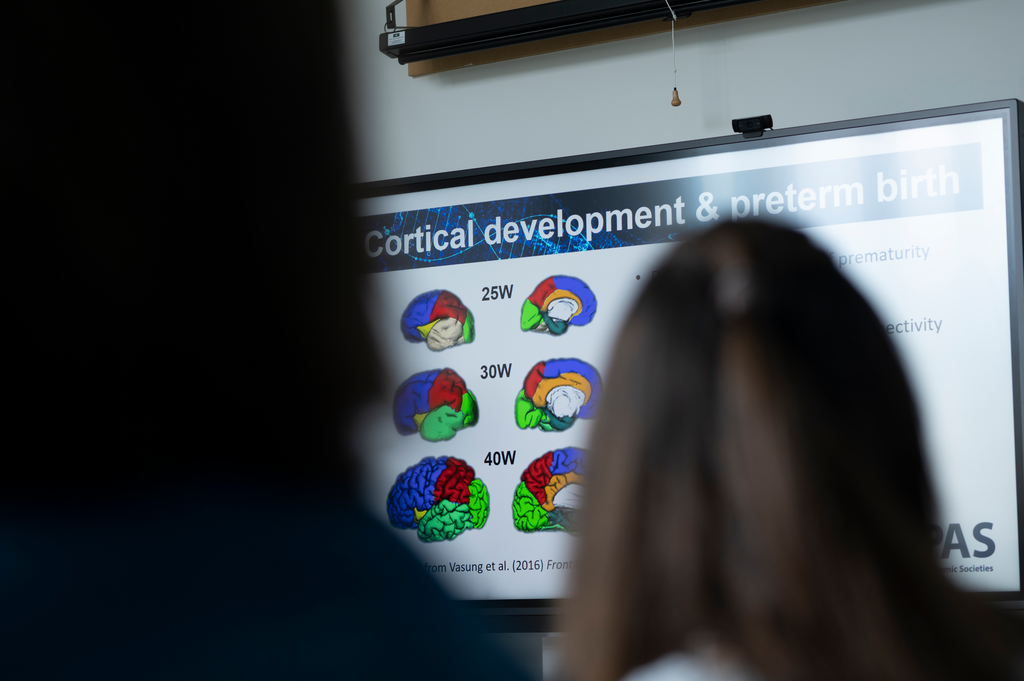
Brain connections
Diffusion MRI is a technique used to study the structure of brain connections – the “wiring” – that connects one region with another. Researchers at the Jennifer Brown Research Laboratory previously used this technique to show that babies born preterm usually have less well-developed connections than full-term babies, which is linked to learning problems later in childhood. Diffusion MRI produces a large and complicated set of information for each baby’s brain. A study using brain images from 212 infants from the Theirworld Edinburgh Birth Cohort allowed the team to find the connectivity features that give the most accurate assessment of brain connections in preterm babies. It found that if a baby has “weakness” in one connection, they are quite likely to have weakness in other connections – and vice versa for strong connections. Published in Neuolmage, 2022

Gut health
The human gut contains trillions of bacteria, known as the gut microbiota, which interact with the immune and metabolic systems, and can modify brain function and behaviour. This relationship is called the “microbiome-gut-brain axis”. Greater knowledge of the role of the gut-microbiome in brain development may offer new avenues for promoting brain health in early life. Researchers at the Jennifer Brown Research Laboratory are completing a series of studies to investigate this issue further. Published in Developmental Review, 2022
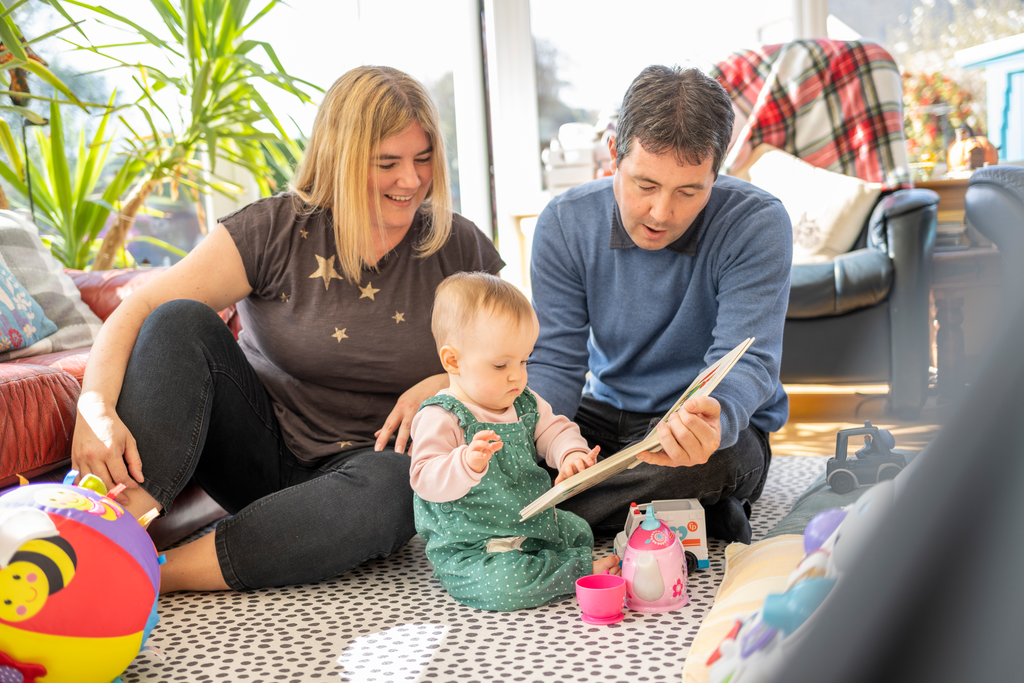
Stress
Cortisol is a hormone that reflects the body’s response to stress and it is important for a person’s health. The hormone helps to regulate the immune system, metabolism and mood. Studies have shown that how a person responds to stress is shaped by experiences in early life. Researchers wanted to find out whether premature birth programmes different cortisol responses to stress compared to babies born at the right time. To do this, they measured levels of cortisol in babies in the morning and evening, and before and after they were vaccinated, to evaluate a stress response. The study showed that infants born extremely preterm had less variation in cortisol across the day and a “blunted” cortisol stress response. In a second study, they analysed levels of cortisol in saliva that had previously been measured in premature babies in Sweden. This analysis also showed that infants born extremely preterm had reduced variation in cortisol across the day. Together these studies demonstrate that extremely preterm birth is associated with long term changes in how the child responds to stress, which in turn, can shape the physical and mental health outcomes mentioned above. In future studies, the researchers would like to investigate whether these differences continue at older ages and whether a blunted stress responses predicts childhood development and health in preterm babies. Linked papers published in Archives of Disease in Childhood Fetal and Neonatal edition
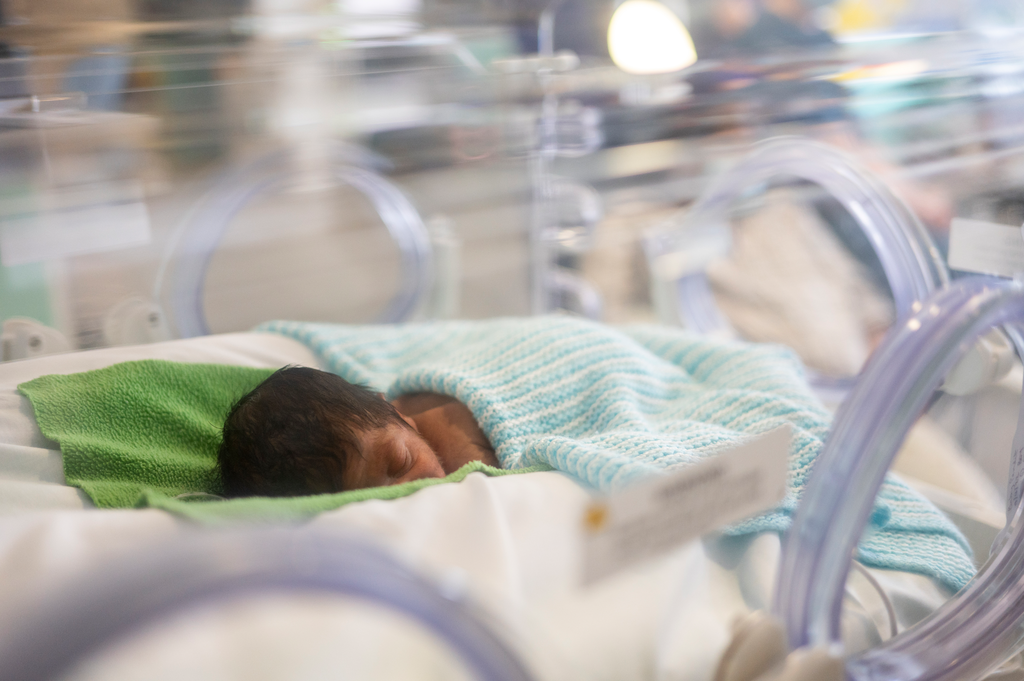
Genetic codes
Boys tend to fare worse than girls when born early. Premature boys are at a greater risk of developing cerebral palsy, psychiatric disorders and cognitive disabilities, compared to premature girls. The reasons for this are unclear, but there is evidence to suggest that the developing brains of premature boys are more susceptible to the damaging effects of infection in early life. To test this theory, researchers examined “microglia” in boys and girls – a type of immune cell that play an important part in the building of a baby’s brain. The study revealed that the immune cells in boys and girls responded differently to infection. These insights represent a crucial step towards developing successful new treatments to protect the developing brain from the damaging effects of infection in early life.
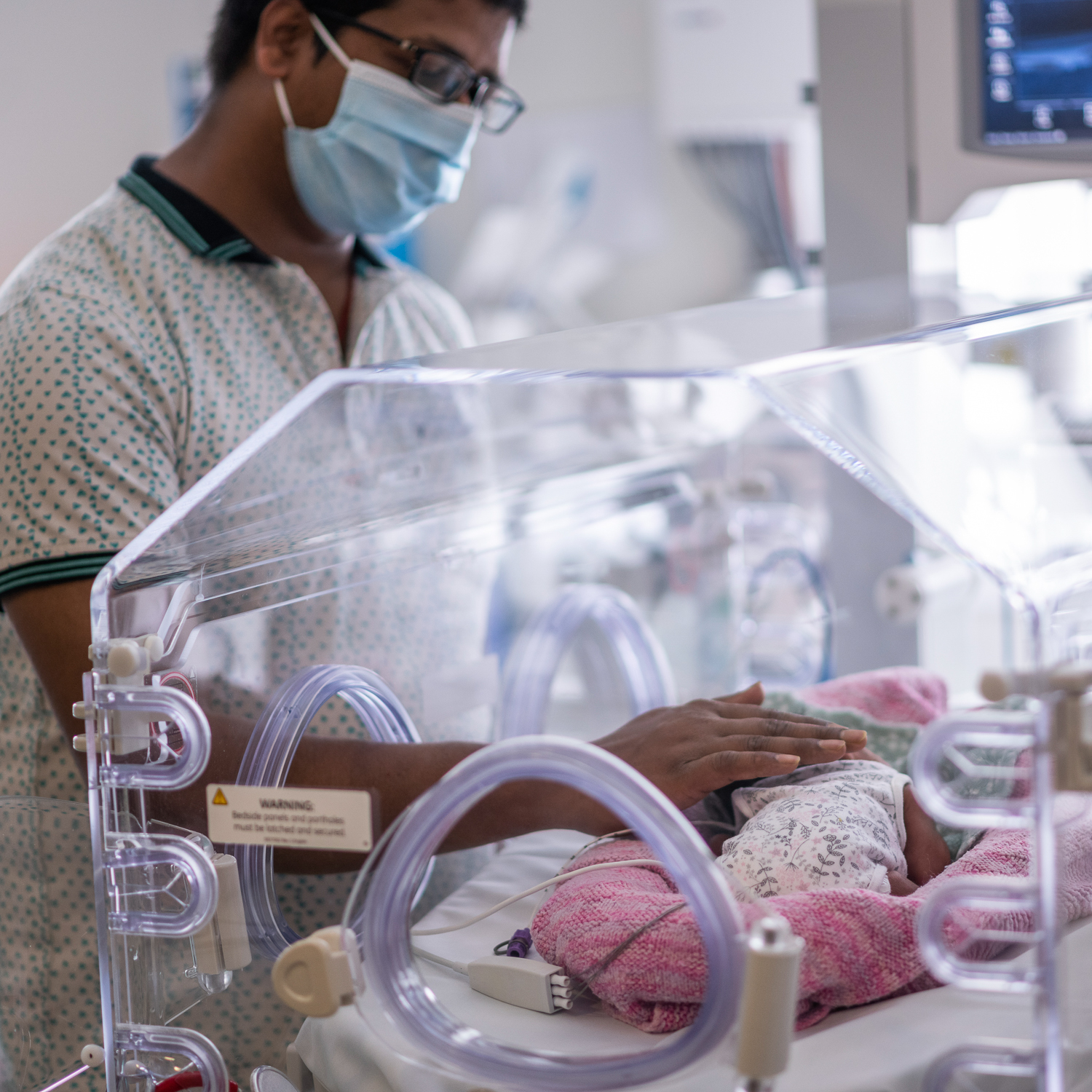
Resources

Reports
A turning point? An updated scorecard on donor funding to Pre-primary Education

Reports
Left behind from the start: How governments and donors are failing children with disabilities in their early years (July 2018)
News
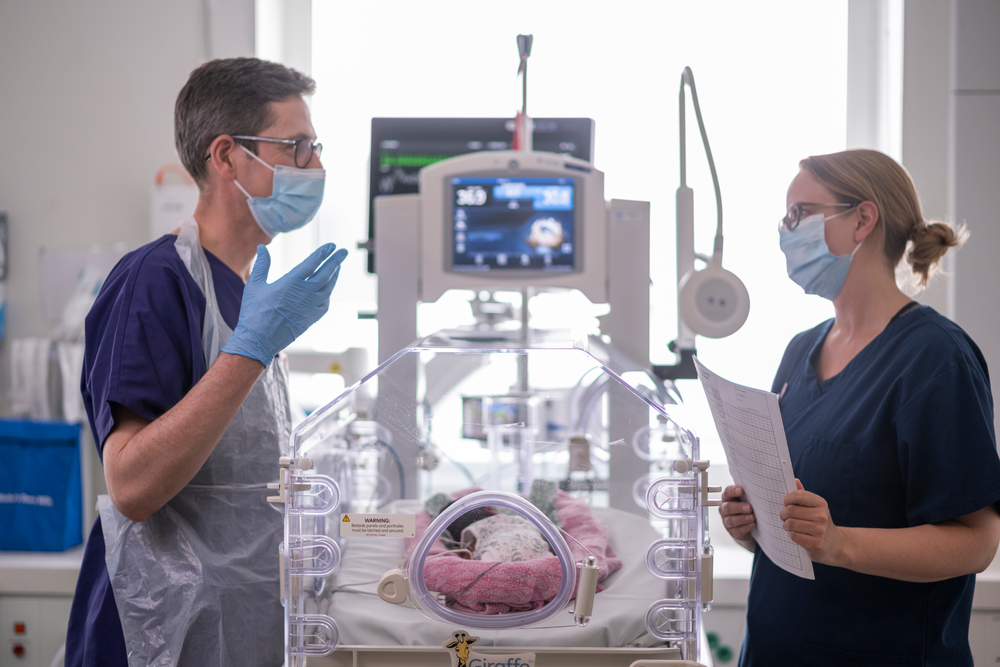
Powerful film spotlights 20 years of helping to save premature babies

